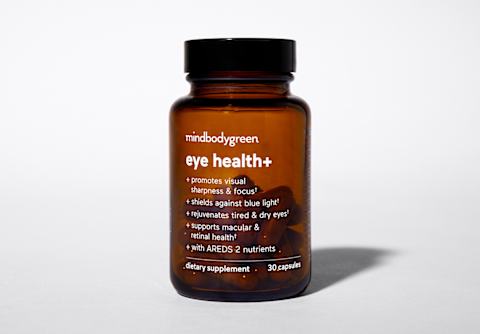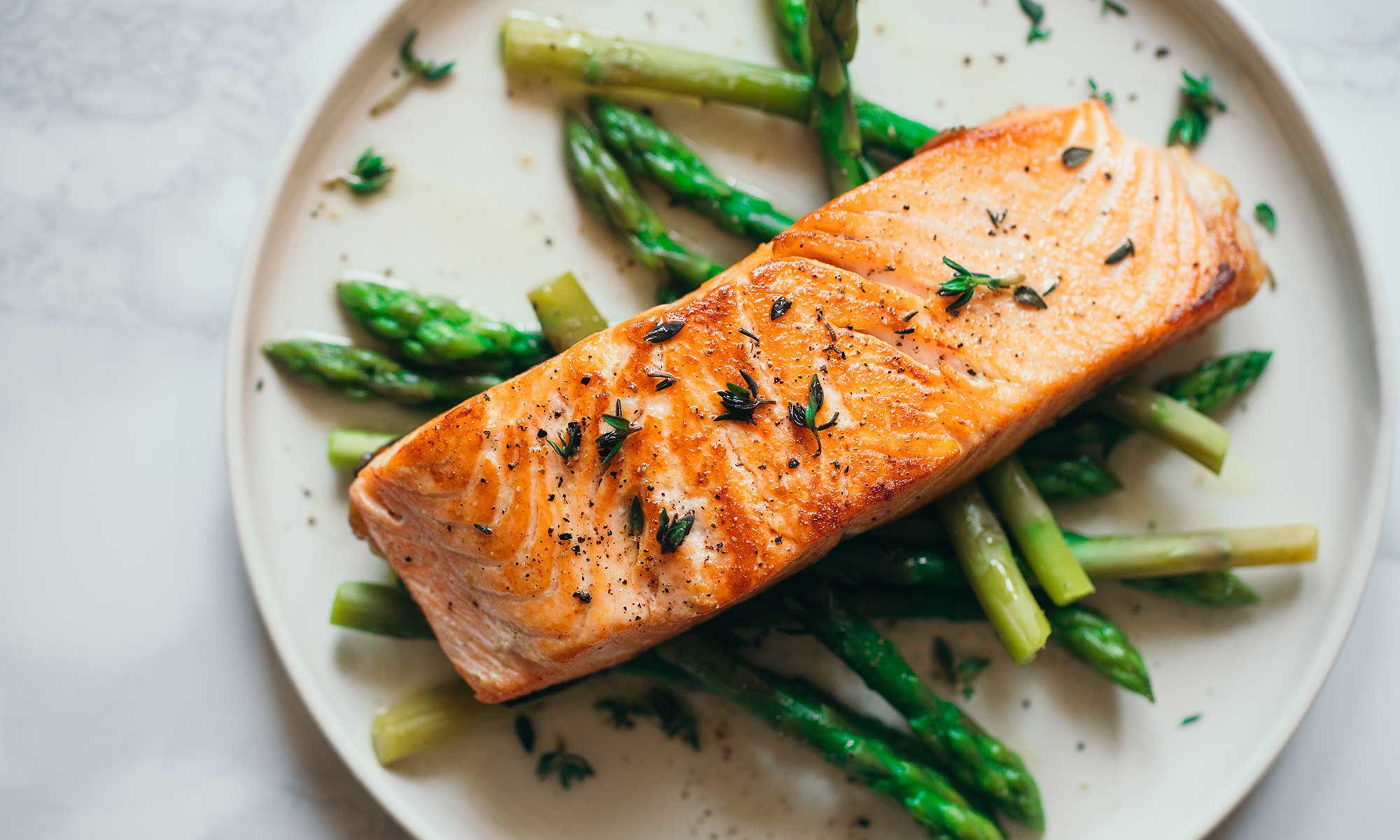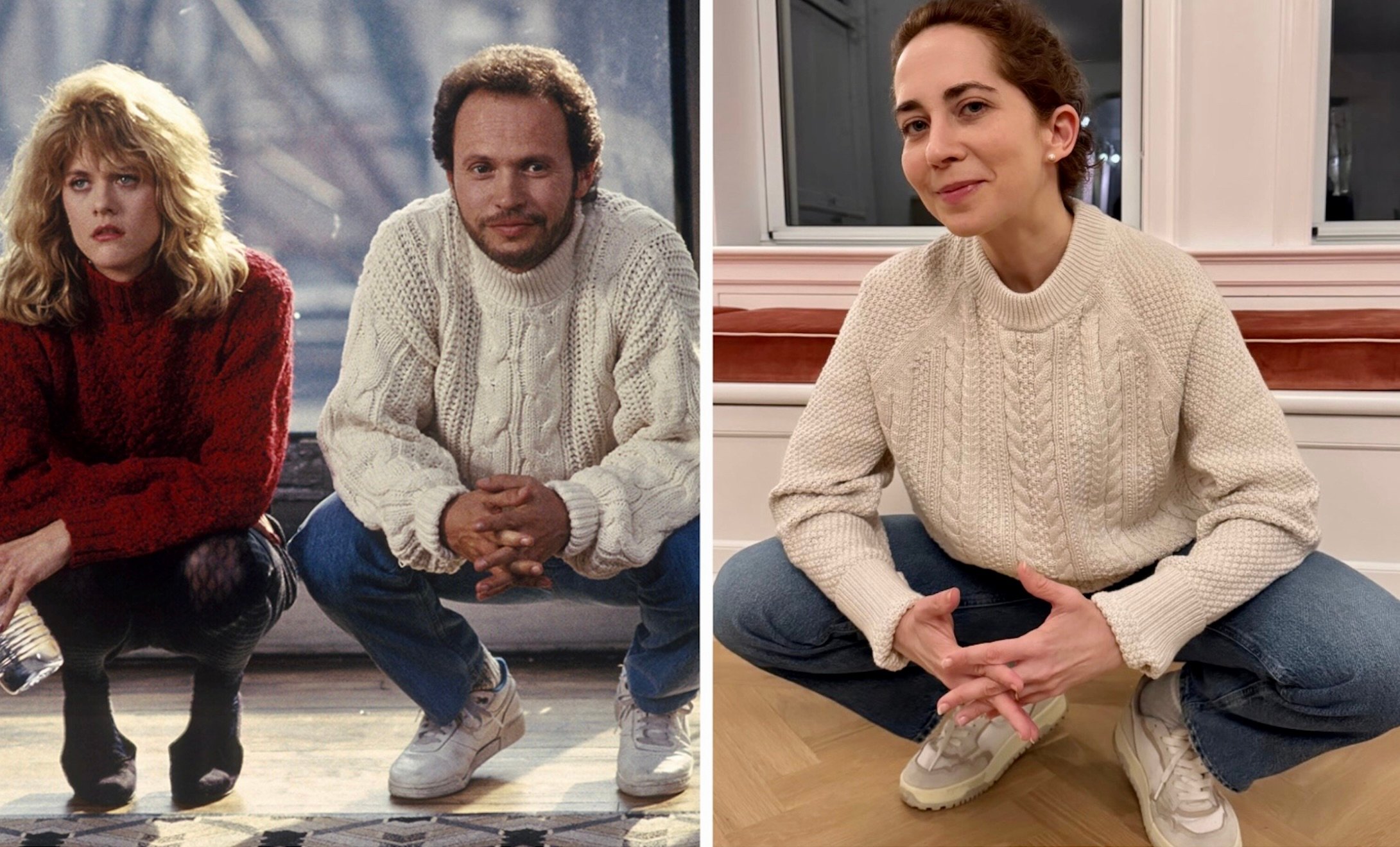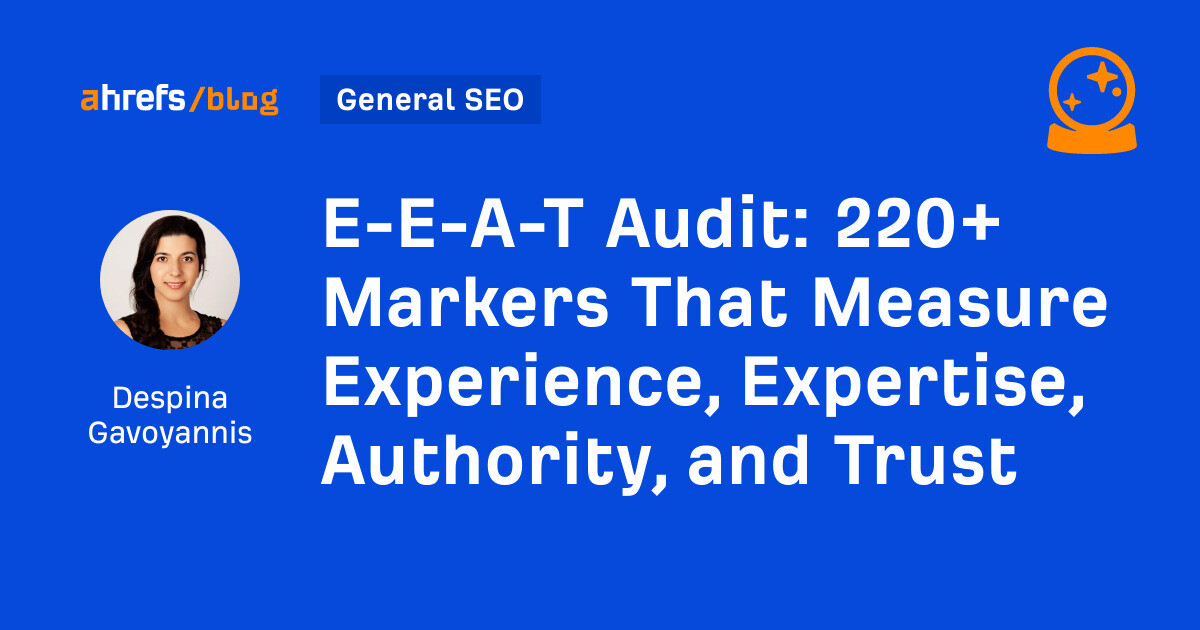Following This Diet Can Help Slow Down Vision Loss By Up To 34%, Study Shows
Hint: It's the most researched dietary pattern

Advertisement
This ad is displayed using third party content and we do not control its accessibility features.
Advertisement
This ad is displayed using third party content and we do not control its accessibility features.

Registered Dietitian Nutritionist
Registered Dietitian Nutritionist
Molly Knudsen, M.S., RDN is a Registered Dietician Nutritionist with a bachelor’s degree in nutrition from Texas Christian University and a master’s in nutrition interventions, communication, and behavior change from Tufts University. She lives in Newport Beach, California, and enjoys connecting people to the food they eat and how it influences health and wellbeing.
Image by LightFieldStudios / iStock April 08, 2025 Squinting at both menus and far-away street signs becomes increasingly common with age. And more and more folks are being diagnosed with age-related macular degeneration (aka AMD). In fact, nearly 196 million people globally1 are living with this condition. AMD occurs2 when part of the retina (the macula) is damaged. It does not lead to complete blindness, but rather blurred vision that makes it difficult to read, drive, see faces, cook, and do other everyday activities. While age and genetics play a large role in your likelihood of developing AMD and the progression of the disease, so do lifestyle factors that promote inflammation and oxidative stress. The good news is, lifestyle habits that are anti-inflammatory have a protective effect. That’s where following a Mediterranean diet comes in. Researchers of a new study reviewed and combined results from previous studies to see if sticking to a Mediterranean diet1 is linked to a lower risk of developing or worsening AMD. And sure enough, it likely does. 
Following a Mediterranean diet may help slow the progression
Researchers of this study wanted to get the most sweeping view yet of how following a Mediterranean diet impacts AMD.
They looked through all the past studies that have tracked adherence to a Mediterranean diet and AMD development or progression.
In total, there were eight that fit the bill.
Overall, they found that closely eating a Mediterranean diet (one filled with fruits, veggies, whole grains, legumes, and lean protein) may help slow down AMD progression, especially from long-term studies. In fact, following this diet seemed to reduce progression risk by 23-34%.
Nutrients from the Mediterranean diet to focus on
The Mediterranean diet is rich in an array of nutrients that support eye health including,
Two other compounds that are vital for eye health and prevalent in the Mediterranean diet are lutein and zeaxanthin3. These antioxidants are natural plant pigments found in colorful fruits and vegetables—especially spinach, kale, avocados, orange peppers, and eggs.
These are also antioxidants that are highly concentrated in the macula.
When you digest these foods, lutein, and zeaxanthin travel through the bloodstream and accumulate in the macula—where they’re known as macular pigments3.
That’s right. Lutein and zeaxanthin literally make up a crucial part of the eye.
If you don’t get enough of these antioxidants, the concentration of your macular pigments decreases. That lower concentration puts you at a higher risk of developing AMD.
How to get more of these nutrients
While you can get all these nutrients from a well-rounded Mediterranean, you can also take a specific eye health supplement for added support.
A large clinical study (called the Age-Related Eye Disease Disease Study 24) found that supplementing with certain ingredients effectively slowed the progression of AMD. Sure enough, vitamins C and E plus lutein and zeaxanthin (in addition to copper and zinc) are in that formula.
We did the research and found the 10 best vitamins for eye health.
The takeaway
Although AMD is quite common, certain lifestyle choices—like following a Mediterranean diet rich in antioxidants—can help prevent the condition from worsening your eyesight. Want to give it a try? Here are 11 things to know before starting a Mediterranean diet.
Advertisement
This ad is displayed using third party content and we do not control its accessibility features.

 ShanonG
ShanonG 

































